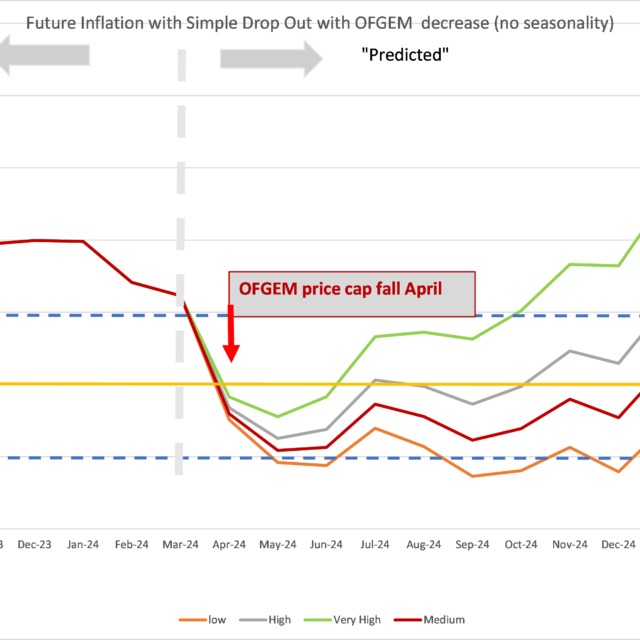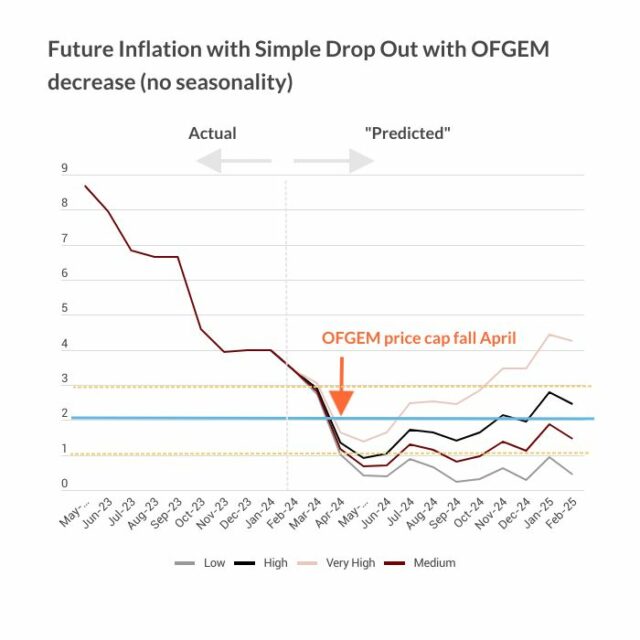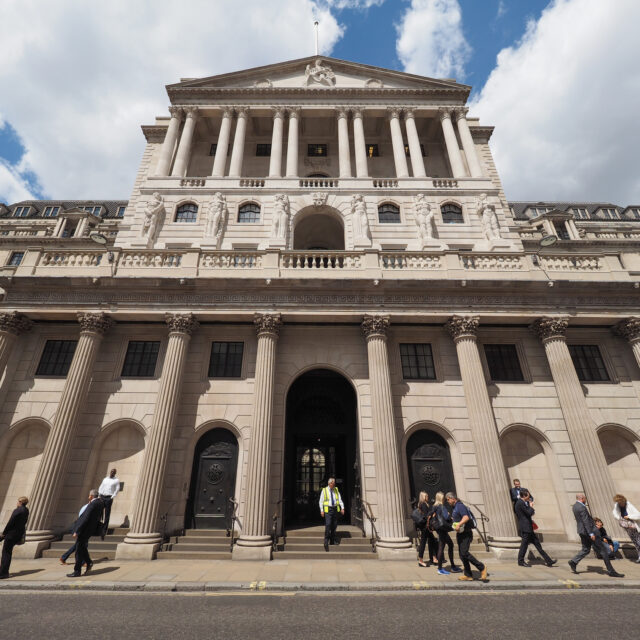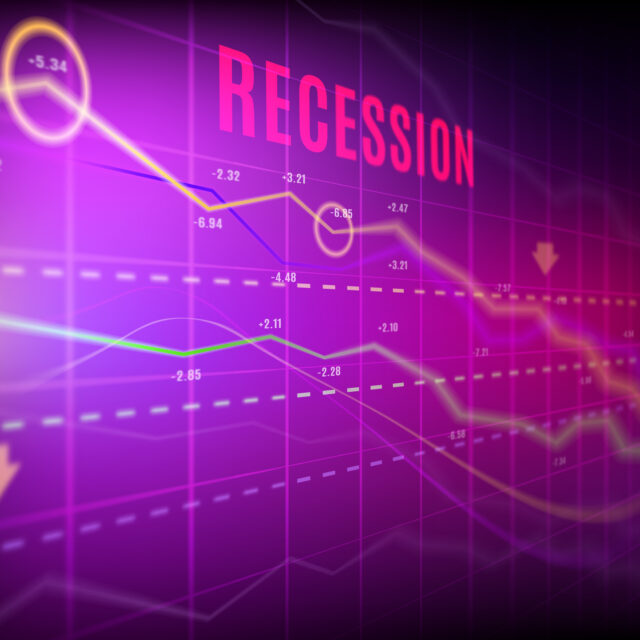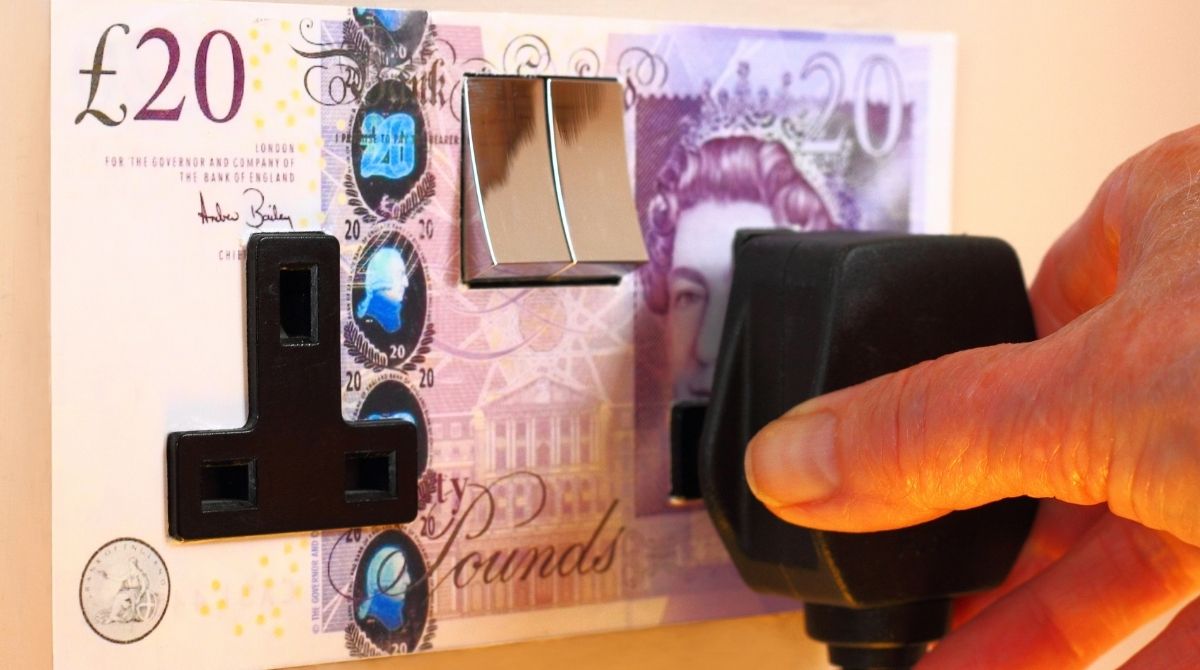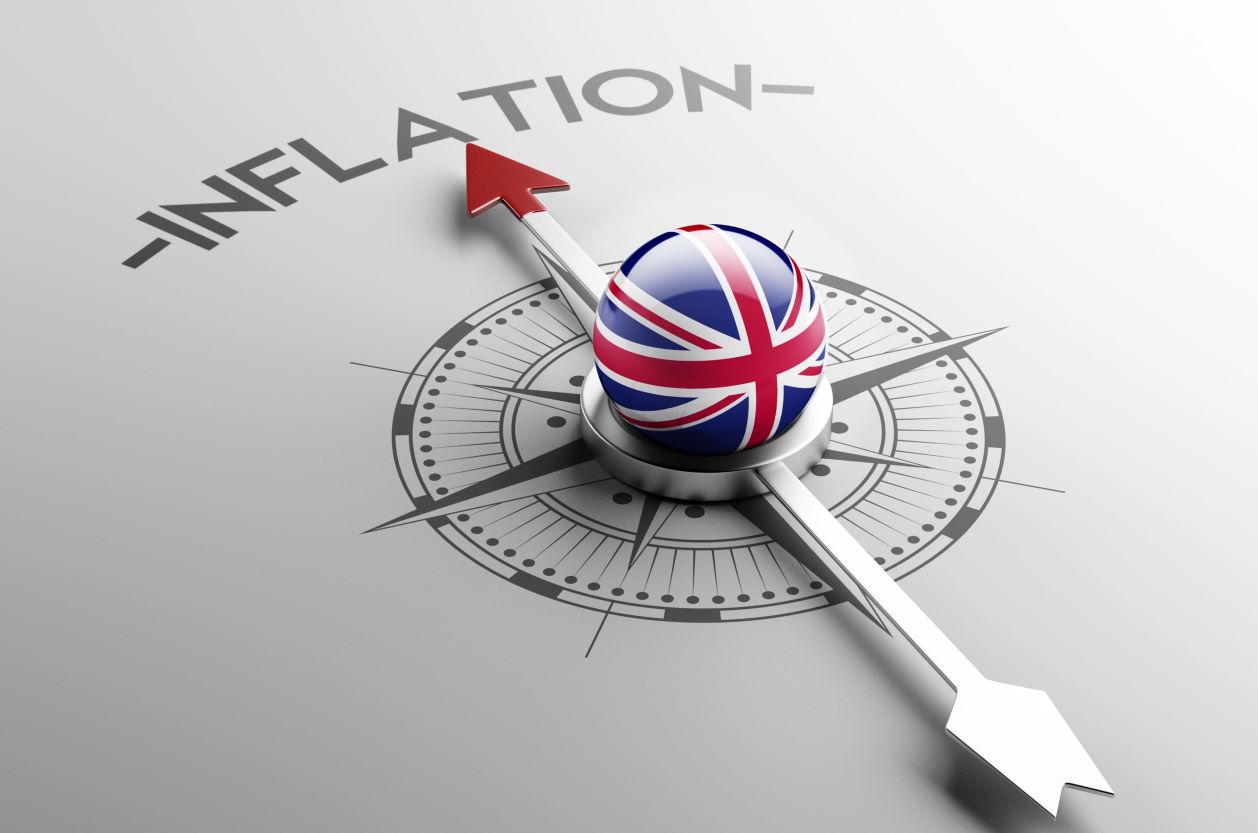Recessionary Pressures Receding in the Rearview Mirror as UK Economy Gains Momentum
 Pub. Date
Pub. Date
12 April, 2024
 Pub. Type
Pub. Type
Main points
- Monthly GDP grew by 0.1 per cent in February, following a revised 0.3 per cent growth in January. This monthly figure was mainly driven by increasing output in production, particularly manufacturing and services
- GDP grew by 0.2 per cent in the three months to February relative to the previous three-month period. This was generated by a rise in output in production and services
- We forecast GDP to grow by 0.4 per cent in the first quarter of 2024. Our early forecast for the second quarter of this year sees GDP growing by 0.3 per cent. While exiting from the shallow recession in the second half of 2023 is welcoming, these forecasts remain broadly consistent with the longer-term trend of low, but stable economic growth in the United Kingdom
- As we noted in our response to last month’s Spring Budget, the measures implemented in the relatively low-key budget are unlikely to unlock the UK’s growth and productivity problems. To escape a low-growth trap, structural changes are needed, such as an increase in public investment, particularly in infrastructure, education and health – which would also support growth in business investment
“Monthly GDP grew by 0.1 per cent in February 2024, with contributions from all major sectors except construction following a revised 0.3 per cent growth in January. In the three months to February, GDP growth was 0.2 per cent, higher than what we forecasted last month. On the back of exiting a shallow recession in 2023, this seems to be a turning point, but in a broader perspective, the UK economy has flatlined since 2022. Increasing productivity will be a constant challenge that requires structural changes and long-term spending commitments to public investment and infrastructure."
Hailey Low
Associate Economist, NIESR

